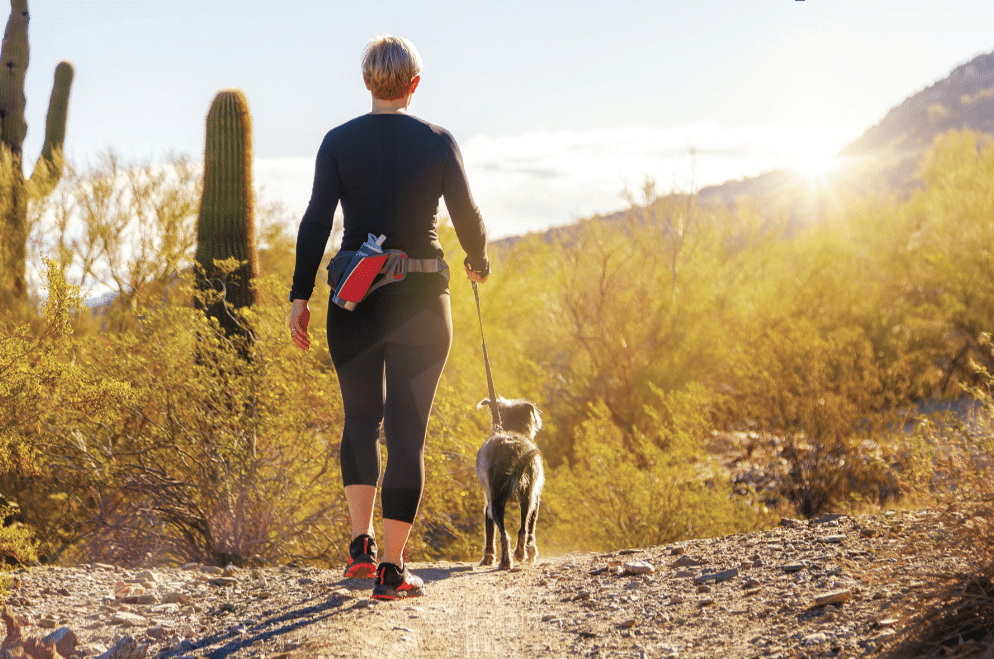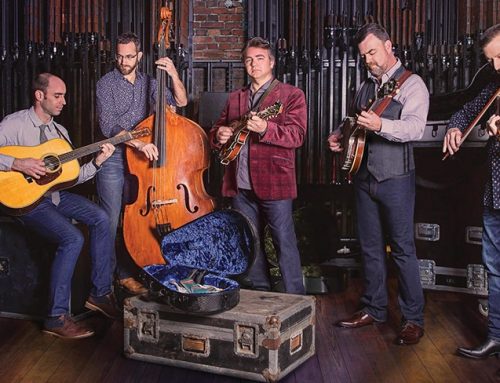By Dr. Matthew Hernandez,
Ethos Integrative Medicine
The trails are calling, and you must go! We’re finally in the season where Arizona truly shines. But are your knees up for the adventure?
Your knees are a crucial weight-bearing joint that supports your upper body and lower back. While it’s normal to experience mild aches and soreness after a trail, being attuned to signs like sharp, shooting pain, knee instability, or prolonged recovery is essential for extending your hiking years. Let’s uncover the most common hiking injuries, so you know what steps to take (and avoid) for a seamless trekking experience!
Osteoarthritis
Hiking downhill can agitate the knee and its surrounding cartilage. If you feel a persistent ache under your kneecap, your knee might not be tracking properly, or the cartilage might be worn down.
Meniscus Tears
Don’t go jumping rock to rock, especially when going downhill! Forcefully twisting or rotating the knee can lead to a torn meniscus. Meniscus tears can make it difficult to fully extend your knee, and will cause pain, swelling, and stiffness.
Tendonitis
Sharp, shooting pain above or below the knee is likely due to an inflamed tendon — aka tendonitis. Rough and rocky terrains can stress the tendon and lead to knee tendonitis, especially for those unaccustomed to longer or more challenging trails.
Torn ACL
A fall that twists or hyperextends the knee can tear your ACL, the ligament responsible for stabilizing the knee. If you experience widespread knee pain following a fall, or notice your knee buckling when trying to stand, a torn ACL may be the culprit. You’ll want to see a doctor immediately for proper diagnosis and treatment!
Stop Knee Pain in Its Tracks:
When pain persists, it can feel like your hikes must come to a screeching halt. Unfortunately, for many active individuals, they are told that it is “just a part of the aging process” and their golden years are up. At Ethos Integrative Medicine, we believe you deserve to stay active for as long as you want. Whether you’re looking to explore a few local trails, or hike the Grand Canyon rim to rim, our team is here to provide a comprehensive evaluation, properly diagnose and treat your knee, and prevent that pain from coming back.
Wondering What’s Causing Your Knee Pain? Download our free resource Knee SOS: The Expert Guide to Decoding Your Pain, and call 480-360-0115 to schedule an appointment with our sports medicine experts at Ethos Integrative Medicine.






